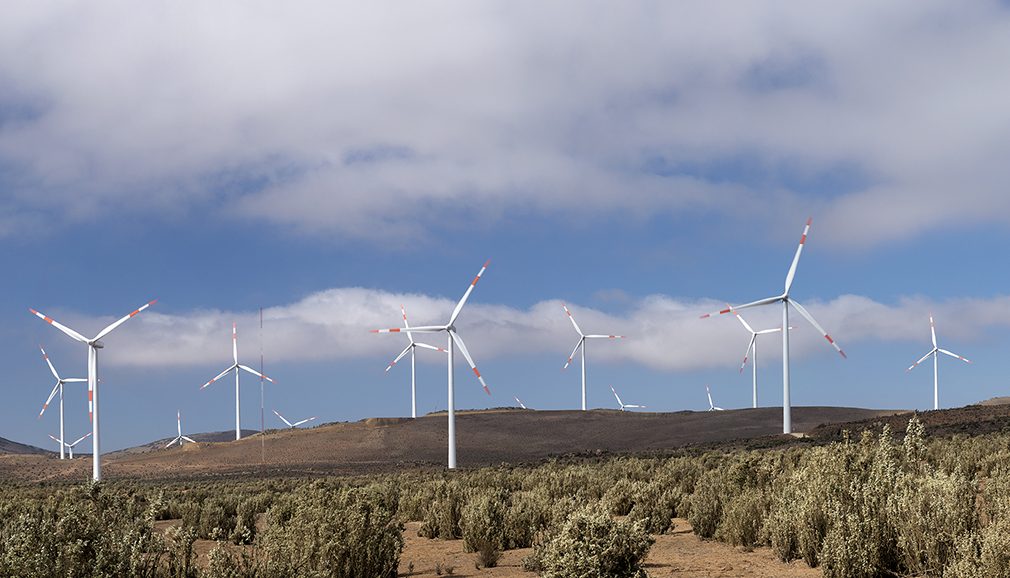
The implementation in recent years of a policy that encourages non-conventional renewable energy projects has positioned Chile as an international-category destination for investments of this type, particularly in the case of solar and wind energy. This is the conclusion reached by the International Energy Agency (IEA), which will present its second in-depth review of the country’s energy policies today.
In its report, the IEA states that Chile “has emerged as a world-class destination for investment in variable renewable energy”, particularly solar and wind power.
Paul Simons, a former US ambassador to Chile and currently the IEA’s deputy executive director, noted that, since the previous review in 2009, “there has been a tremendous improvement in electricity supply security in Chile, due to the investments that have been made but also to some laws and new policies that have been implemented.”
In the case of investments, Simons drew attention to the diversification of the electricity matrix, thanks to the expansion of non-conventional renewable energies and the interconnection of the SING and SIC grids. As regards institutional progress, he mentioned the creation in 2010 of the Energy Ministry and the Energy Efficiency Agency and the preparation five years later of the Energy Policy 2050. Referring to the latter, Simons indicated that the plan includes goals that are “very ambitious but also practical, things that people can understand”.
Suggestions
Although highlighting the progress Chile has achieved as regards energy, the IEA concluded that there is still room for ongoing improvements.
“Chile’s prospects for exploiting its vast potential for solar and wind energy are bright, but to better integrate these variable energy sources successfully will require investments in grids, storage and flexible capacity, as well as a smart-system design,” the report argued.
According to Simons, one of the aspects that must be strengthened in the future is energy efficiency. At present, measures are voluntary and the IEA recommends the adoption of mandatory energy performance standards for different sectors such as vehicles, appliances and buildings.
Simons emphasized that energy efficiency is important not only for power supply security but also for achievement of the country’s targets for combatting climate change.
A further challenge for the country is to have a more flexible system, which implies the construction of more transmission lines.
The report also suggests the incorporation of intelligent grids and the development of storage capacity.
Source: La Tercera